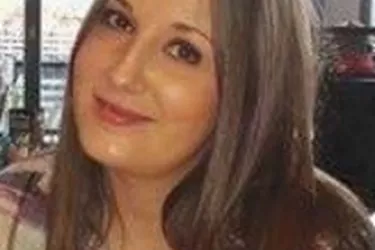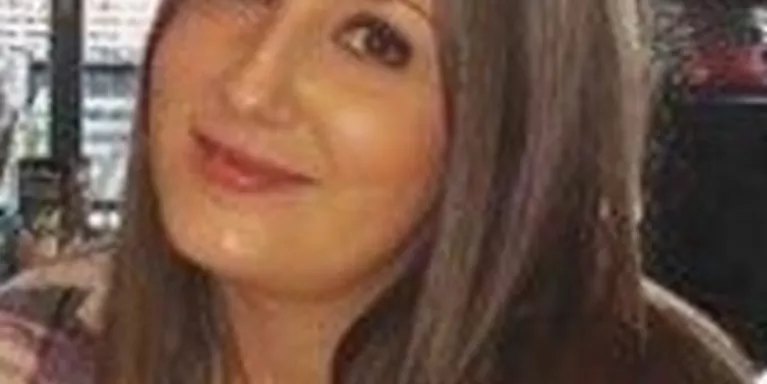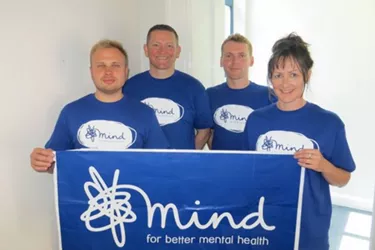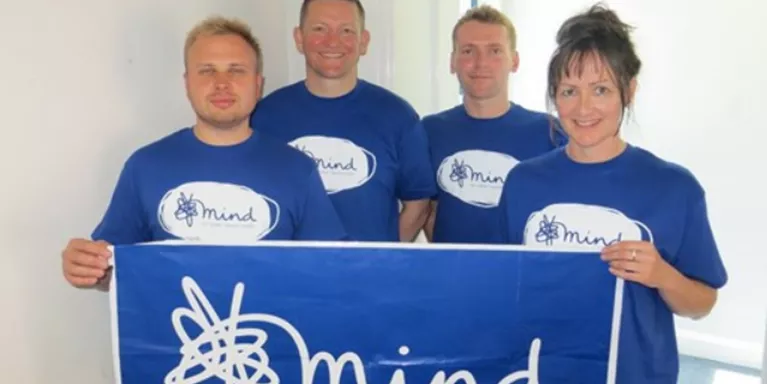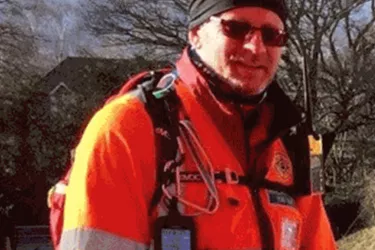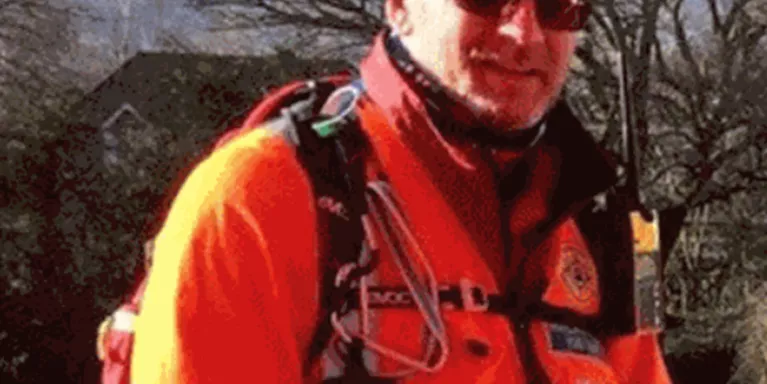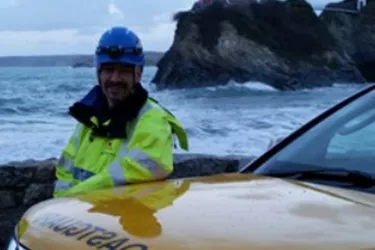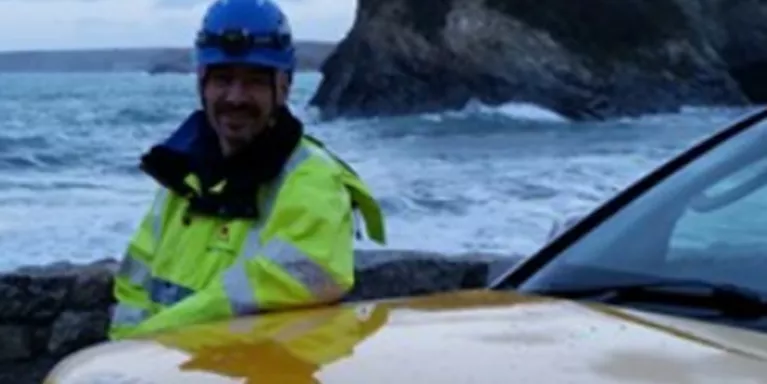Supporting my 999 teams
Regie is a Police Sergeant and volunteers for a Coastguard Rescue team. He has experienced anxiety, depression and suicidal thoughts. He blogs on raising awareness of mental health among his emergency service teams, as part of Mind's Blue Light Programme.
Search and rescue (SAR) teams are often volunteers who go straight home or back to work after incidents, they can see some horrendous things and don’t always have the same support the full time emergency service workers have. We need to ensure they are looked after.
I became a Blue Light Champion because I wanted to help my police and SAR colleagues know that mental health problems are nothing to be ashamed of, anyone can be affected and help is out there for us all. Being a Blue Light Champion alongside my two other roles works really well; my full time job is a Police Sergeant and I also promote mental health and wellness in that area too.
SAR volunteers need to know they are part of the blue light family and the support is there for them too.
"Being a Champion means I get a sense of doing something right for my colleagues. We need to look out for each other."
To raise awareness, I have been open about my mental health problems, I have made mental health and wellness a topic we can all talk about and not be ashamed of. I’ve been suicidal twice in my life, most recently about 12 or 18 months ago. It was an awful time, but I managed to get through it. I couldn’t have done it alone. I realised the best thing to do is to spread the message that we’ve just got to talk about it and not hide away or suffer in silence. That only makes things worse and can be the difference between life and death.
In my SAR team we now have Trauma Risk Management (TRiM) and recognise that some incidents may have a greater impact on some members more than others. We have a lot of opportunities to make a big difference to our colleagues.
Being a Champion means I have greater knowledge of my own mental health and I feel it has made a positive difference making people aware of what to look out for, not only in themselves but also in others. My colleagues have been very supportive, understanding and accepting that mental health is not a taboo subject.
"We are now able to hold adult conversations about mental health. People are more willing to ask for help, but there is still a long way to go."
To anyone thinking of becoming a Champion I say go for it! We make a huge commitment helping the public in their time of need. We also need to spend some time looking after our friends and colleagues, this is an ideal opportunity to do something important for them.
In the emergency services we have this mental image of us as individuals having to be the big strong characters who are helping the public when they are in crisis.
"We also need to understand that we are human and can pay a price, our mental health can suffer."
Raising awareness, increasing resilience and talking openly and honestly can help to promote recovery. There is still a huge amount of work to be done. There is still a stigma about asking for help and talking about mental health. We need to be as comfortable discussing mental illness as we are discussing a broken leg.
Mind's Blue Light Programme has received Libor funding to continue it's support for 999 teams until March 2018. We'll also expand our support to Wales and launch several new areas of work.


Information and support
When you’re living with a mental health problem, or supporting someone who is, having access to the right information - about a condition, treatment options, or practical issues - is vital. Visit our information pages to find out more.
Share your story with others
Blogs and stories can show that people with mental health problems are cared about, understood and listened to. We can use it to challenge the status quo and change attitudes.










